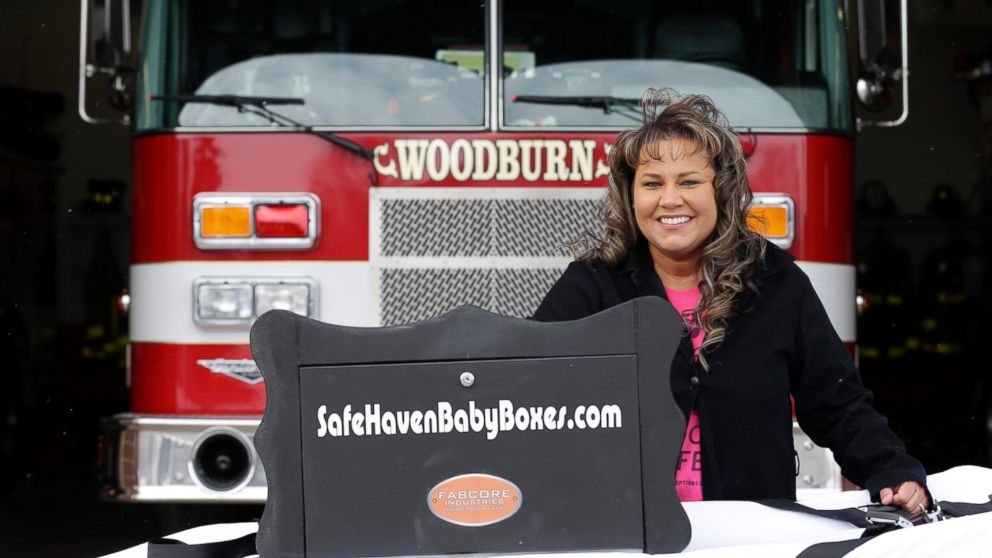Legislation in Indiana passed the state house and is headed to the Senate that would establish “baby boxes” to help mothers dump their unwanted children. The boxes are newborn incubators designed to give mothers a way to surrender their children anonymously, and would be placed at fire houses, hospitals, churches, and selected non-profits.
Indiana is the first state that is considering such legislation, passing the bill unanimously. State Rep Casey Cox (R), who introduced the bill, claims that this is simply an expansion of the “safe haven” legislation already existing in all 50 states and Washington D.C. Parents already have the ability to surrender children at police stations, hospitals, and other facilities. Now with a convenient baby box, they can do so without any interpersonal communication.
Dawn Geras, president of the Save the Abandoned Babies Foundation in Chicago argued in the Huffington Post that safe haven laws have resulted in more than 2,800 safe surrenders since 1999. Still, more than 1,400 were found illegally abandoned, two-thirds of which died. Supporters argue that these baby boxes will give people more incentives not to leave their children in dangerous abandonment situations.
Geras is not a fan of the baby boxes, however. “There’s a lot of things that need to be done to improve safe haven laws throughout the country, but that’s not one of them,” she said.
Monica Kelsey, president of Safe Haven Baby Boxes says that the boxes aren’t meant to circumvent any laws. She claims that her boxes are meant to provide more options to mothers in crisis. “If these boxes are the answer, great,” she said. “We’re trying to come at it from all angles.” Kelsey was abandoned in the hospital by her mother shortly after birth. Now a medic and a firefighter, she’s developing the baby boxes and working to help their adoption in her state.
The boxes are designed to set off an alarm when the box is opened and when weight is detected inside, to alert authorities to a presence in the box. They are about 2 feet long and would be equipped with heating and cooling pads in order to help keep the child comfortable until help arrives. There is also a manual silent alarm the mother could activate when she deposits the child.
The United Nations Committee on the Rights of the Child has called for a ban on baby boxes in Europe. They want the focus to be on family planning to address the root causes of the problems.
Baby boxes originated in medieval times, when many churches offered “foundling wheels” where people could deposit a baby, turn the wheel, and the infant would land safely inside.




4 comments